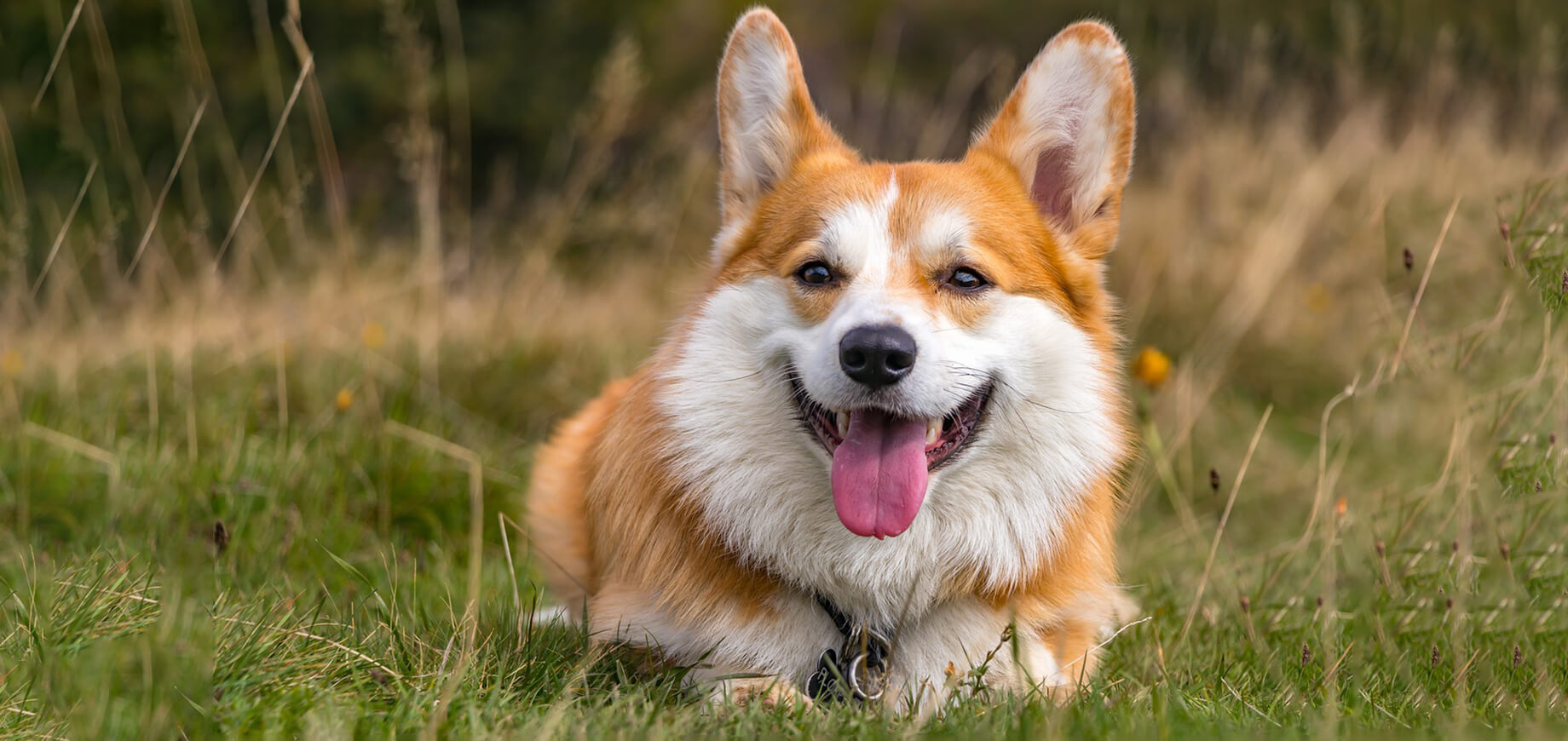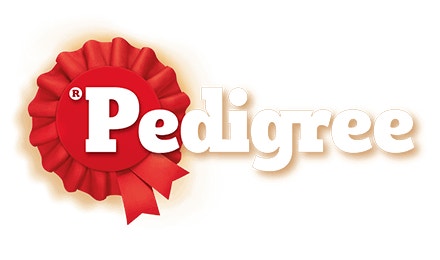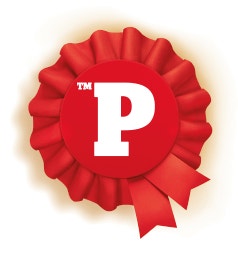

Many pet owners have seen their dog or puppy eating faeces, when out on walks or even in the garden, and wonder why do dogs eat poop? Although it’s pretty repulsive to us humans, it can be fairly normal dog behaviour and isn’t always something to worry about.
In this article we’ll look at what’s normal and what’s not when it comes to dogs eating faeces, and cover common questions such as why do dogs eat poop from other animals, why do dogs eat their own poop, plus how to stop a dog from eating poop home remedies.
If you’re wondering why do dogs eat their own poop, or poop from other creatures, you’re not alone! Poop eating in dogs - which is also known as coprophagia - is pretty common canine behaviour, driven by anything from hunger to curiosity or even boredom.
It’s normal for some dogs to eat the poop of other animals that they may come across, but adult dogs eating their own or another dog’s droppings is less common and is worth watching out for. Here are some of the reasons why dogs may eat droppings:
Many dogs may snap up dung before you can stop them, but for others it’s possible to prevent them from doing it through training, positive reinforcement or avoiding areas where they like to do it. Although it’s seen as normal behaviour in some dogs, it can be risky to their health as it can give your dog worms, viruses, bacteria or other illnesses. It’s also pretty unpleasant for anyone who has close contact with them.
If you’re wondering how to stop a dog from eating poop, it usually comes down to dog training and their environment. First, think about why does my dog eat poop? If you think they’re hungry, malnourished or bored, this may be remedied by examining their diet, providing supplements or giving them more stimulation. However, if you suspect anxiety or emotional distress, it’s important to look at what’s causing this and tackle the problem at its source.
Effective training, such as using a strong command to ‘leave it’, practising dog clicker training, and using recall techniques work wonders for some dogs and their owners. Using positive reinforcement when they listen to you, using treats, dog toys or extra affection, can also help. Other owner techniques for how to stop a dog from eating poop home remedies include using a ‘taste aversion technique’, where you offer your dog pineapple or pumpkin to change the taste of the droppings and put them off from the habit. You can also buy stool eating deterrent products from pet shops, though it’s worth noting that these may have some side effects.
Some owners prefer to simply keep their dog on a lead when out walking, to avoid unwanted dog scavenging behaviour, and restricting access to the poop by cleaning up their dog’s droppings as soon as possible to prevent the problem. Be sure to take enough dog poop bags, as well as some treats, toys and water with you when you go for a walk.
If you’ve also got a cat in the house, it’s not uncommon for your adult dog or puppy to want to have a taste of their droppings. This may be because they’re bored, curious, hungry or they just like the taste or the smell.
If you’d like to know how to stop a dog from eating poop home remedies, it’s best to clear up the cat poop before your dog gets to see it, or move any litter trays away from places where your dog has access. You could use a puppy pen or a stair gate to stop the dog getting into the cat’s toilet area, and train your dog to stay away from the droppings. You may also have to clear up any mess before letting your dog out, or simply give your dog more stimulation at home to stop them snacking out of boredom.
It’s not always dangerous for dogs to eat cat poop in small amounts, but it can risk bacterial or viral infections, parasites, intestinal blockages or even possible poisoning from any medications the cat might be taking. If your dog becomes unwell or loses their appetite after eating cat faeces, take them to the vet as soon as you can.
Many dog owners think that prevention is the best solution for how to stop a dog from eating poop, through restricting access to droppings, using effective training and maintaining a healthy diet for their dog. Some experts recommend using probiotics designed for dogs, to help increase digestive absorption, or even a stool repellent product to make their own droppings taste unappealing to them.
After looking at the reasons for why do dogs eat poop from other animals, and why do dogs eat their own poop, it may be that recall training - or simply distraction techniques - may stop the behaviour altogether. Using toys, treats, playing games or giving dogs special chew toys can all help to detract from eating things they shouldn’t. By cleaning up any mess as soon as possible you can also prevent and discourage keen excrement eaters.
If your dog has eaten the poo of another animal, it may not be harmful in small amounts. However, it’s essential to keep an eye on your dog to make sure they don’t become unwell afterwards. Rinse their mouth, give them some water to drink, wipe any faeces away from their face to prevent spreading bacteria and don’t let your pet lick you.
Giving your dog their own food to eat after ingesting animal faeces can also help them to get rid of the taste and smell. It’s best to also brush your dog’s teeth to get rid of any residue, and you could use a dental chew to clean their mouth and stop bad breath in dogs. Always wash your hands well and make sure you don’t shout at your dog or punish them for doing it - always make coming to you more rewarding than eating poop, to help prevent the behaviour in future.
It’s important to make sure that your dog’s worming treatments and vaccinations are up to date, to help avoid illness. If this is new behaviour, you’re worried, or if your dog acts unusually afterwards, always seek advice from your vet.
The curious question of why does my dog eat poop can come down to different reasons, from normal canine behaviour to rarer health problems, but small amounts of dung ingestion are not always something to worry about. As unpleasant as it is, the various means of how to stop a dog from eating poop can be as simple as prevention, training and distracting them from doing it, and rewarding them when they don’t. Read more about dog advice and training on our Pedigree blog.
Buy Now
Click to buy from any of the retailers below

